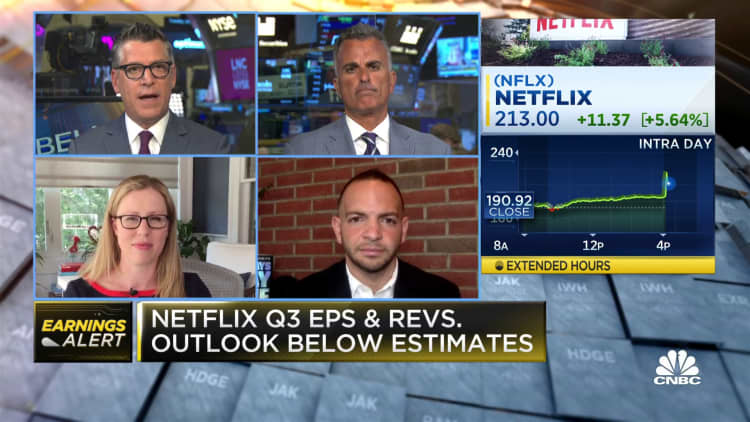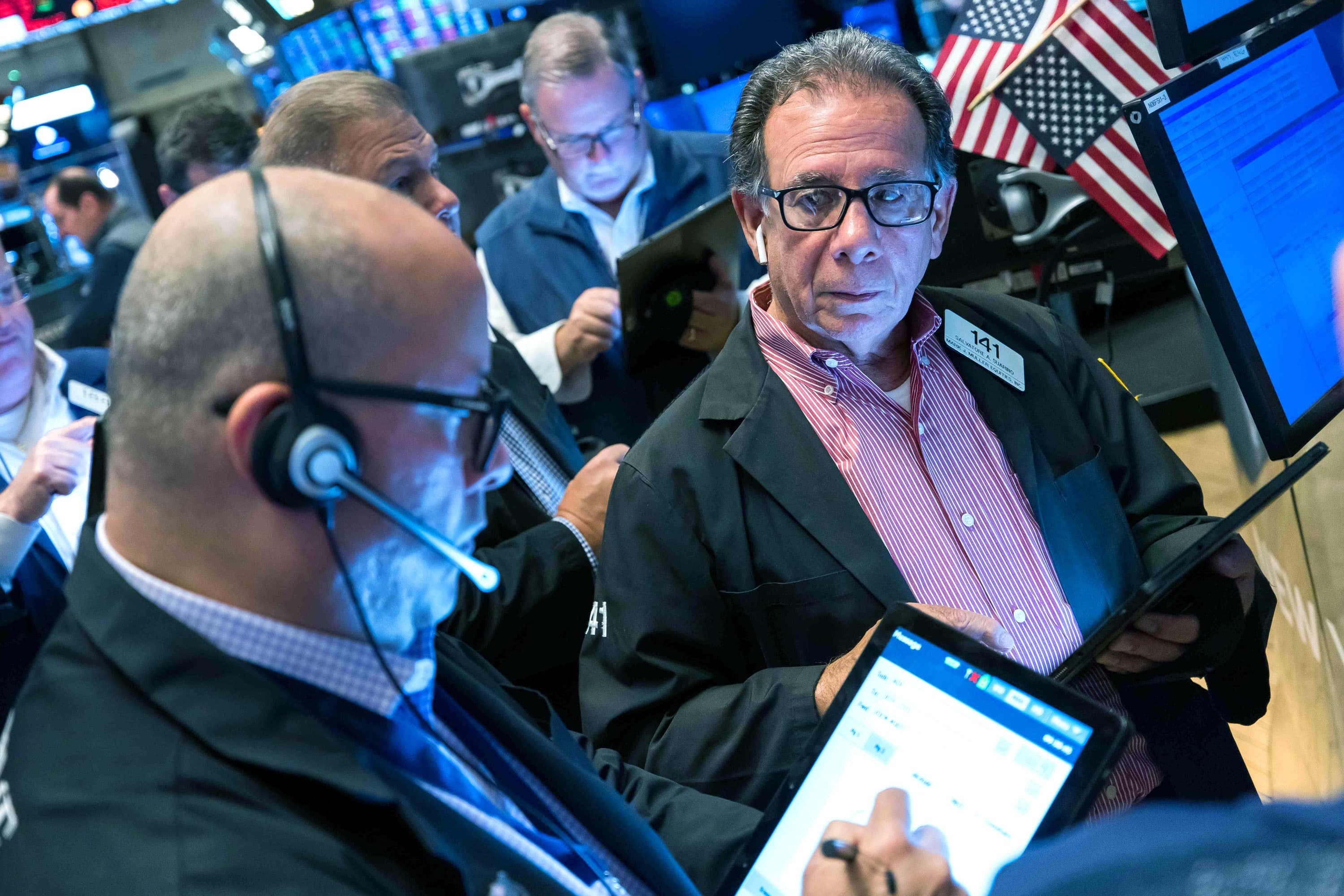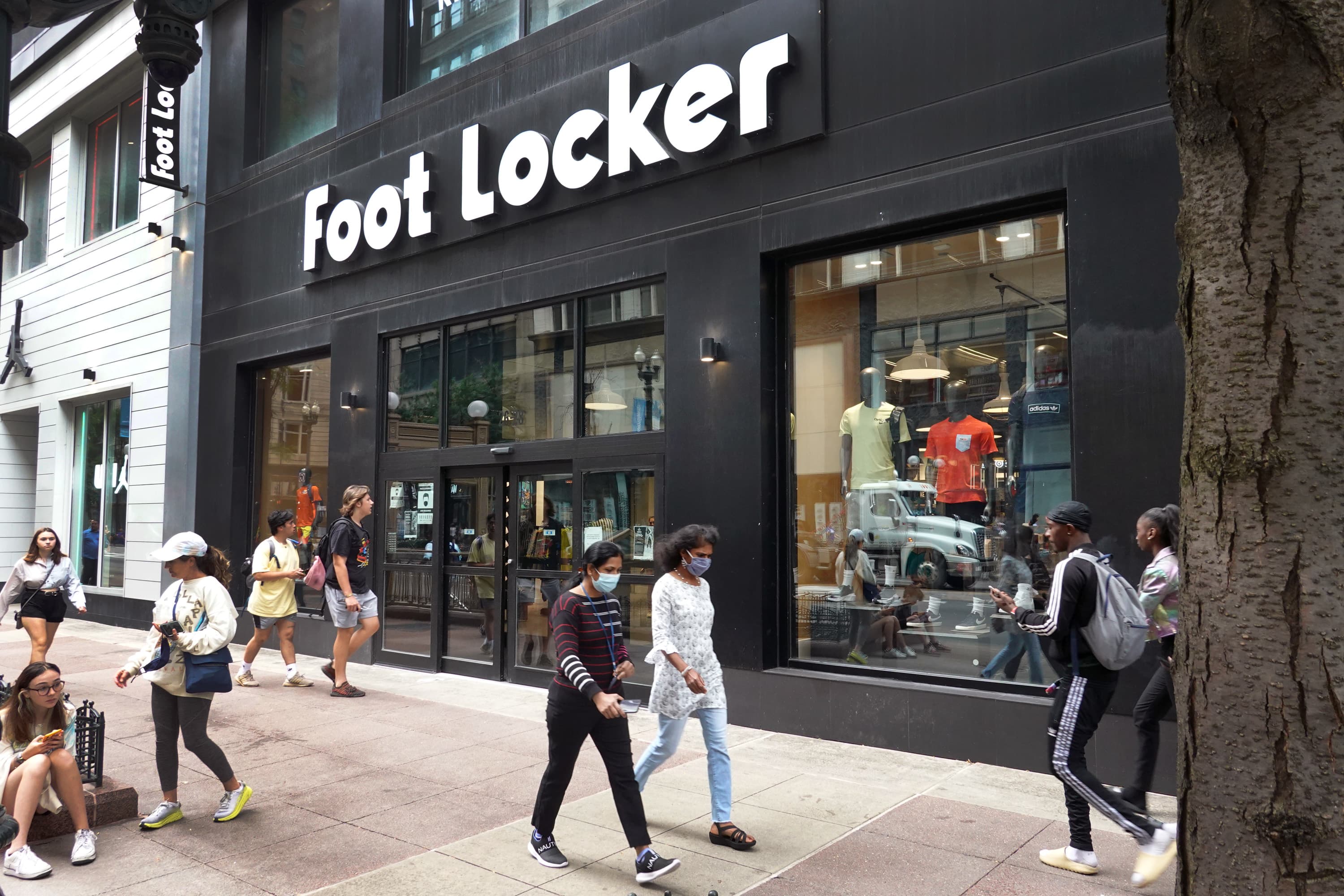Despite inflation worries, Americans are less likely to cancel Amazon Prime, Netflix than cut spending on food
Despite inflation concerns, Americans are less likely to cancel streaming services than cut spending on food and clothing, a recent report found.


Netflix may as well be a necessity.
Even as Americans cut back in the face of rising prices and recessionary fears, fewer want to give up their streaming subscriptions, especially when it comes to TV, movies and music services, such as Amazon Prime, Netflix and Spotify.
Roughly two-thirds of consumers said they will have to decrease their spending due to inflation; however, only about a quarter plan to cancel such subscriptions in the months ahead, according to a recent report by the National Research Group.
Most people said they were more likely to cut back on dining out, groceries and clothing.
More from Personal Finance:
Nearly half of Americans make this mistake with credit cards
These steps can help you tackle stressful credit card debt
Inflation and higher rates are a 'dangerous mix'
Consumers are least likely to cancel Amazon Prime, TV and movie streaming services and home security systems, the report found, even over food and gasoline.
"It's clear that people value their streaming subscriptions more than ever," said Kerri Norton, executive vice president of content and strategy at the National Research Group.
Just over half, or 51%, also said subscriptions now make up a "significant" portion of their monthly spending.
On average, U.S. consumers estimate they spend $135 a month and 17.8% of their monthly budget on subscriptions, the National Research Group found. The report polled more than 2,500 adults in August.
Don't let subscriptions become a 'sneaky' budget buster
"It's the rare person who doesn't have at least one sneaky charge they've forgotten about," Kathryn Hauer, a CFP with Wilson David Investment Advisors in Aiken, South Carolina, recently told CNBC.
Most consumers underestimate how much they spend on subscription services every month by at least $100, according to a separate survey commissioned by market research firm C+R Research.
Further, families have less slack in their budgets than before, and reeling in those recurring monthly expenditures is a great way to save money, many financial experts say.

 Kass
Kass 

































